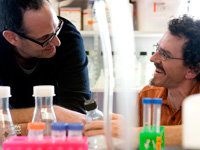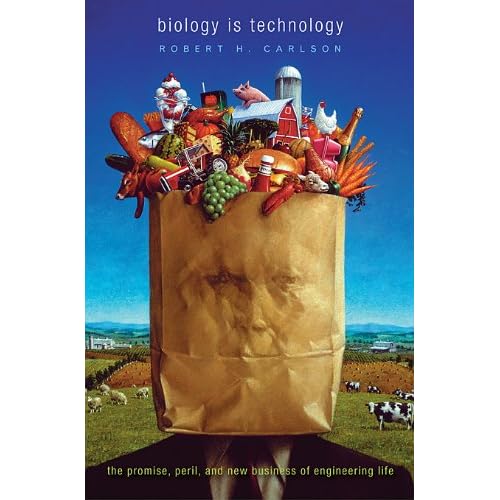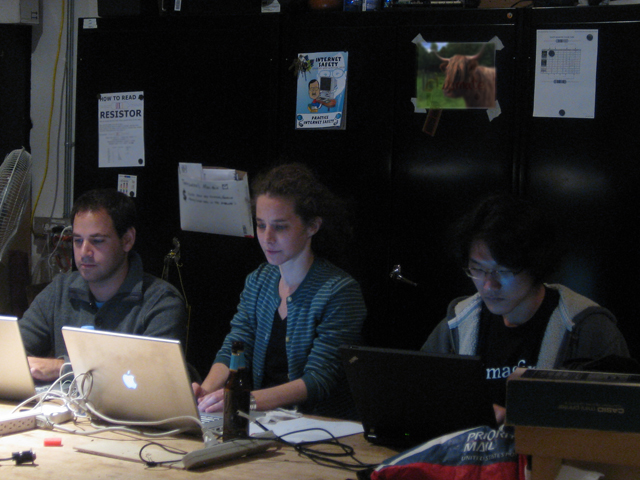Join DIYbio NYC this Wednesday while we screen the PBS documentary ‘Naturally Obsessed’. We’ll kick things off around 8pm, but come early to get a good seat. Following the movie stick around for a lively discussion about what it is to be a scientist and how the concept has been changing over the past few years.
Wednesday, April 14, 2010
Time: 8:00pm – 10:00pm
The Resistor Hackerspace
87 3rd Avenue, 4th Floor
Brooklyn, NY
Space is super-generously donated by the Resistor Hackerspace in downtown Brooklyn.
NATURALLY OBSESSED tells a vivid, suspenseful story about a trio of students going for their PhD degrees. They are in a race to beat the competition to discover the switch that controls appetite in the human body – but the pressure is on, as each student also struggles with a personal challenge. Rob, a perennial dropout, dares himself to stay the course. Kilpatrick has to choose between the easy life and academic success. Gabriele hovers between high aspirations and self doubt. Their guide and mentor, Larry, is a young professor deeply committed to passing on the baton of science. He urges his students to apply their creativity to solve tough problems, while encouraging them to accept the emotional roller coaster of doing science.
NATURALLY OBSESSED opens a penetrating view of laboratory life, provides unique insights into what it’s like to do biological research and honestly portrays the quid-pro-quo of the apprentice system, by which students working for their PhD degree work under a master scientist at the frontiers of biomedical research. Drawn from three years of filming, live action scenes capture the day-by-day experiences of doing science, highlighting the ups and downs of the mentor-student relationship, the collaboration that science depends on, and the self-knowledge that success requires. The film was shot at the Shapiro laboratory at the Columbia University Medical Center. In a way that the lay person can easily understand, it presents a picture of the lab’s advanced techniques in genetic engineering, protein chemistry and x-ray crystallography, which are paving the way for a new generation of structure-based drugs – “designer drugs” — specifically targeted to correct malfunctioning, disease-causing, proteins. (The remarkably successful HIV protease inhibitor was the first of the kind.)


